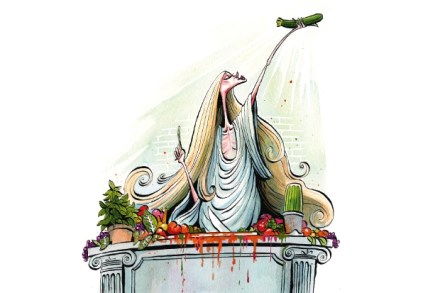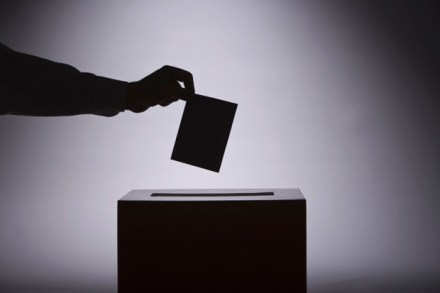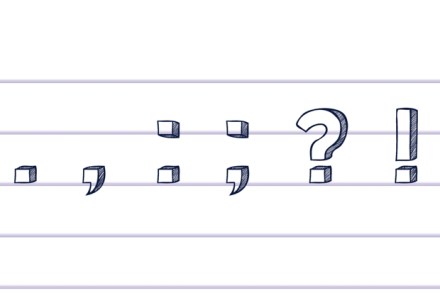The breast test
How should a new mother feed her baby? You might well imagine that was up to her. While some mothers take to breast-feeding as if their bosoms have been waiting all their lives for it, others find it exhausting, excruciating and demoralising. Sacrificing every waking hour to nature’s cause, they still produce a mere soupçon of milk, not nearly enough to satisfy a ravenous baby. So isn’t it sometimes better to bottle-feed, with formula milk? Beware. To do such a thing, in our guilt-ridden, competitive age, is seen as stepping into an abyss of last resort. Never mind that your baby will stop crying at last, fall blissfully asleep: the




















